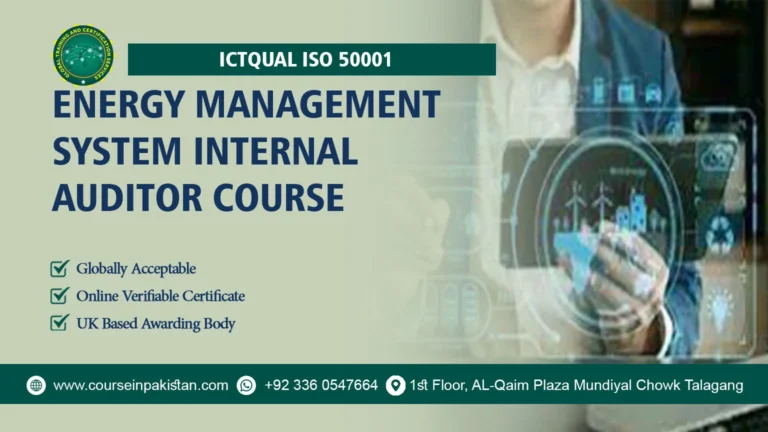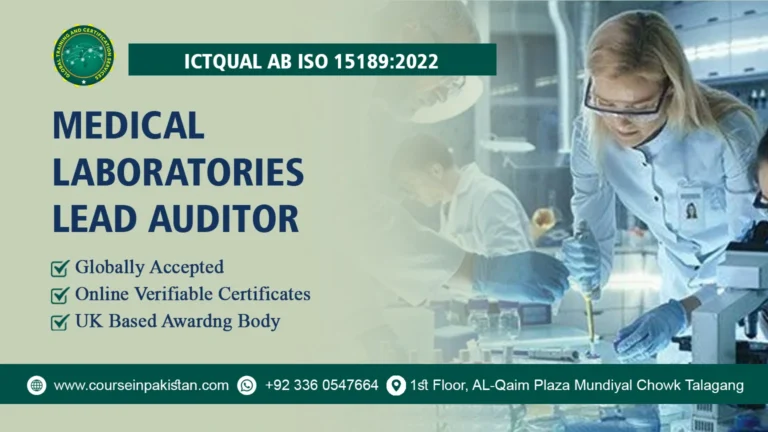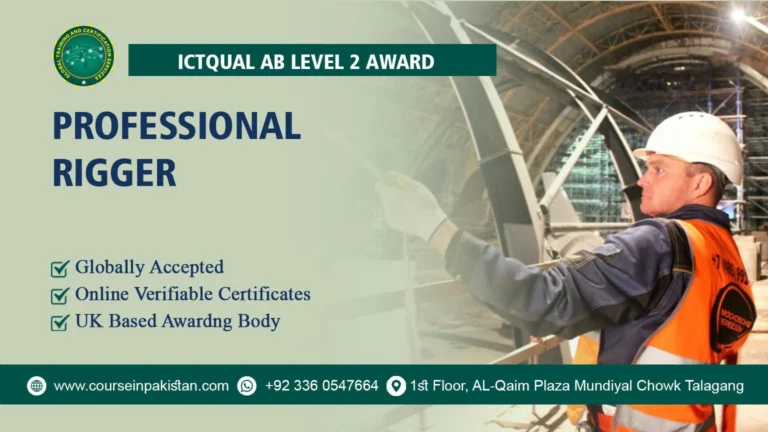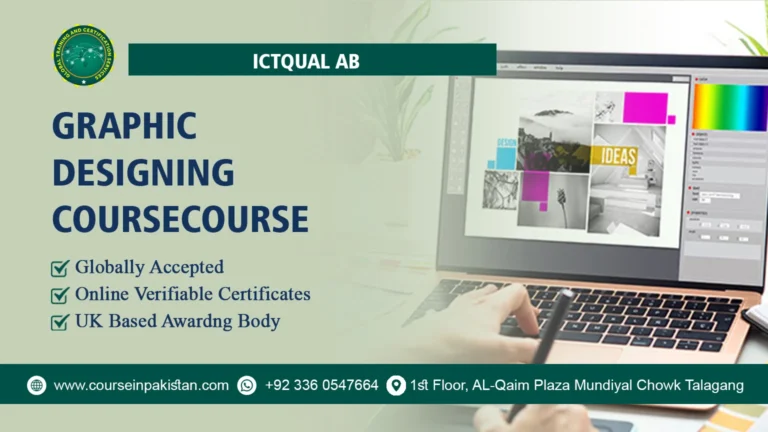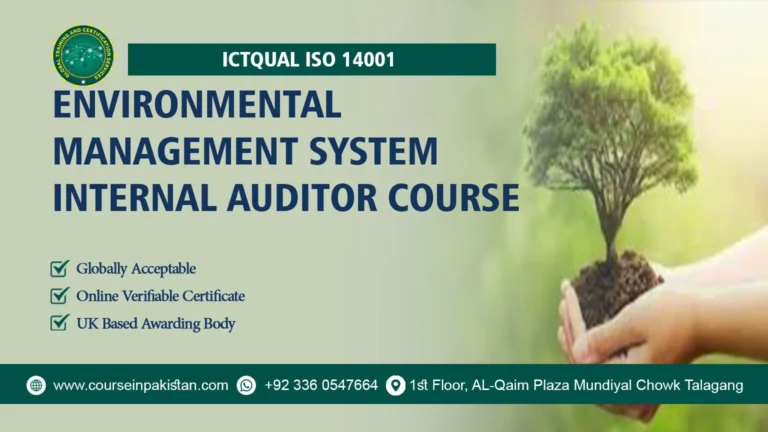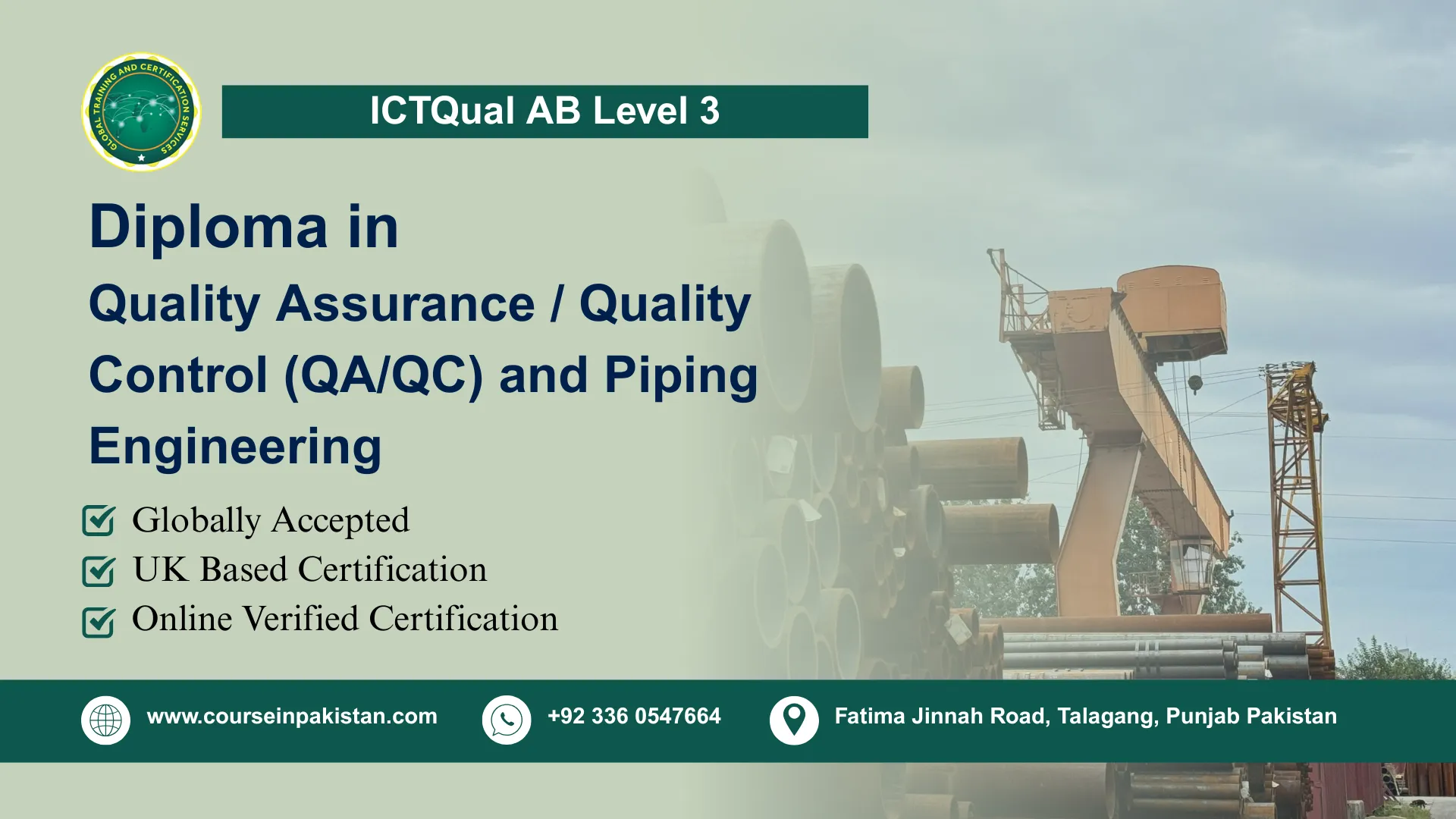
The ICTQual AB Level 3 Diploma in Quality Assurance / Quality Control (QA/QC) and Piping Engineering is designed to provide learners with a strong foundation in quality management principles specifically tailored for piping engineering projects. This course focuses on equipping participants with essential skills in inspection, testing, and compliance with industry standards, enabling them to ensure the safety, reliability, and quality of piping systems. Learners will gain practical knowledge in material specifications, fabrication control, welding inspection, and the fundamentals of non-destructive testing, which are vital for maintaining high-quality standards in industrial and engineering environments.
This diploma also places a strong emphasis on the development of critical thinking and advanced problem-solving skills, which are essential for identifying, analyzing, and mitigating potential risks in complex piping projects. Learners are trained to assess project specifications, anticipate challenges, and make informed decisions that uphold the highest standards of quality and safety. Throughout the program, participants gain hands-on experience in implementing comprehensive quality control procedures, including the inspection of materials, monitoring of fabrication processes, and verification of compliance with industry standards and regulatory requirements.
In addition, the course provides in-depth instruction on accurate and detailed documentation of inspection results, ensuring that all findings are recorded systematically and can be effectively communicated to project stakeholders. Participants also learn to collaborate closely with multidisciplinary project teams, supporting engineers, contractors, and site personnel in maintaining adherence to safety protocols, regulatory frameworks, and best practices throughout the lifecycle of piping projects.
Course Overview
The ICTQual AB Level 3 Diploma in QA/QC and Piping Engineering is a structured program that introduces learners to the core principles of quality assurance and control within piping engineering. The course covers topics such as inspection techniques, material and fabrication controls, basic welding evaluation, and introductory non-destructive testing methods. It emphasizes adherence to international standards, regulatory compliance, and the development of systematic approaches to quality control and risk management. Through practical activities, learners gain the ability to apply theoretical knowledge to real-world scenarios, improving both their technical skills and confidence in quality management processes.
Participants also gain comprehensive insights into project documentation, reporting procedures, and effective communication strategies, which are essential for seamless collaboration within QA/QC teams. The program emphasizes the importance of quality-focused decision-making, enabling learners to assess project requirements critically, identify potential risks, and implement solutions that enhance overall project outcomes. By mastering these skills, participants are prepared to contribute meaningfully to project success while ensuring that all safety protocols, regulatory standards, and industry best practices are consistently upheld.
Moreover, the course provides a structured pathway for professional development, equipping learners with the technical knowledge, analytical skills, and practical experience necessary for entry to mid-level roles in QA/QC departments.
Key Highlights of the Course:
- Core QA/QC principles applied to piping engineering projects
- Training in material specification, fabrication control, and welding inspection
- Introduction to non-destructive testing methods
- Focus on international standards and compliance requirements
- Practical exercises and real-world scenario applications
Course Benefits
The ICTQual AB Level 3 Diploma in QA/QC and Piping Engineering equips learners with the essential knowledge and skills required to succeed in QA/QC roles within industrial and engineering projects.
Technical Proficiency
- Understand material specifications, fabrication processes, and quality control principles
- Learn inspection and basic non-destructive testing techniques
- Develop skills to identify and mitigate quality issues in piping systems
- Gain hands-on experience through practical exercises and case studies
- Build confidence in applying QA/QC methodologies in real-world settings
Compliance and Safety Awareness
- Learn to adhere to international standards and regulatory requirements
- Implement safety measures and risk mitigation strategies
- Document inspection results and maintain quality records
- Promote workplace safety and compliance awareness
- Support organizational quality and safety objectives effectively
Professional Growth
- Prepare for entry to mid-level QA/QC positions in industrial projects
- Enhance communication, teamwork, and reporting skills
- Develop problem-solving capabilities in quality control scenarios
- Gain recognition in the industry for practical QA/QC competencies
- Establish a foundation for further advanced QA/QC and piping engineering studies
Completing this diploma ensures learners are prepared to contribute effectively to QA/QC teams, uphold high standards of quality and safety, and advance their careers in piping engineering and industrial quality management.
Course Study Units
This qualification, the ICTQual AB Level 3 Diploma in Quality Assurance / Quality Control (QA/QC) and Piping Engineering, consists of 6 mandatory units.
- Advanced QA/QC Systems and Continuous Improvement Models
- Piping Stress Analysis & Support Engineering Principles
- Advanced NDT Techniques and Equipment Calibration
- Failure Mode Analysis, Root Cause Investigation & Corrective Action
- Quality Audit Processes, Risk Management & Statistical Control
- Project Documentation & Quality Assurance in Piping Projects
Learning Outcomes
The ICTQual AB Level 3 Diploma in Quality Assurance / Quality Control (QA/QC) and Piping Engineering equips learners with the essential technical and managerial skills required to ensure quality, safety, and compliance in industrial piping projects. The learning outcomes for each unit are outlined below:
Advanced QA/QC Systems and Continuous Improvement Models
- Understand quality management systems and continuous improvement methodologies
- Apply QA/QC principles to piping engineering projects
- Develop strategies to enhance operational efficiency and quality
- Monitor performance metrics and implement corrective actions
- Promote a culture of continuous improvement and best practices
Piping Stress Analysis & Support Engineering Principles
- Understand fundamental principles of piping stress analysis
- Apply engineering techniques for proper piping support design
- Evaluate stress impact on material integrity and system reliability
- Identify potential mechanical failures and mitigation measures
- Integrate stress analysis results into quality assurance planning
Advanced NDT Techniques and Equipment Calibration
- Gain proficiency in non-destructive testing methods and tools
- Calibrate and maintain NDT equipment for accurate inspections
- Interpret inspection data to identify defects or deviations
- Apply NDT results to ensure compliance with industry standards
- Document inspection findings accurately for reporting and audits
Failure Mode Analysis, Root Cause Investigation & Corrective Action
- Conduct failure mode and effects analysis (FMEA) for piping systems
- Investigate root causes of defects or process failures
- Implement corrective and preventive actions to mitigate recurrence
- Assess the effectiveness of corrective measures
- Enhance reliability and safety of piping projects
Quality Audit Processes, Risk Management & Statistical Control
- Plan and conduct quality audits in alignment with standards
- Identify and assess project risks and implement mitigation strategies
- Apply statistical process control to monitor quality performance
- Document audit findings and recommend improvements
- Ensure compliance with regulatory and client-specific requirements
Project Documentation & Quality Assurance in Piping Projects
- Prepare and maintain accurate QA/QC documentation
- Apply quality assurance processes throughout project lifecycles
- Ensure traceability and compliance with project specifications
- Support team communication and project coordination
- Promote standardization and consistency in quality management
Completing these units ensures learners are capable of performing inspections, managing QA/QC processes, analyzing failures, and leading quality assurance efforts effectively in industrial piping projects.
Who is This Course For?
The ICTQual AB Level 3 Diploma in QA/QC and Piping Engineering is designed for individuals aiming to build a strong foundation in quality assurance, inspection, and piping engineering practices. It is suitable for technical staff, supervisors, and aspiring QA/QC professionals seeking hands-on knowledge and practical skills.
Engineering and Technical Professionals
- Mechanical, piping, or process engineers seeking QA/QC specialization
- Technical staff involved in fabrication, installation, or inspection of piping systems
- Employees responsible for adhering to quality standards and safety regulations
- Professionals aiming to enhance inspection and non-destructive testing skills
- Individuals seeking foundational knowledge in piping stress analysis and QA/QC systems
Supervisors and QA/QC Coordinators
- Personnel managing small QA/QC teams or projects
- Supervisors responsible for monitoring quality processes and risk mitigation
- Employees coordinating inspections, audits, and documentation
- Individuals developing leadership and reporting skills within QA/QC functions
- Staff aiming to ensure compliance with international standards and client requirements
Project and Construction Teams
- Team members involved in industrial construction, maintenance, or commissioning
- Employees responsible for quality assurance during project execution
- Staff coordinating with engineers, contractors, and suppliers
- Individuals aiming to understand continuous improvement and audit processes
- Professionals seeking practical applications of QA/QC principles in piping projects
Career Changers and Aspiring Leaders
- Individuals transitioning into QA/QC or piping engineering roles
- Learners seeking recognized industry credentials
- Professionals preparing for supervisory or mid-level QA/QC roles
- Individuals aiming to develop leadership, documentation, and risk management skills
This course equips learners with technical knowledge, practical expertise, and professional skills necessary to succeed in QA/QC and piping engineering roles.
Future Progression
- Advance to QA/QC inspector or supervisor roles in industrial projects
- Lead QA/QC teams and manage piping engineering quality processes
- Specialize in advanced NDT, failure analysis, and risk-based QA/QC strategies
- Pursue consultancy roles in quality assurance and piping projects
- Explore leadership opportunities in industrial, oil and gas, and engineering sectors
Academic Pathways:
- Progress to ICTQual AB Level 4 Diploma in QA/QC and Piping Engineering for advanced technical knowledge
- Enroll in NEBOSH or ISO-based quality management certifications
- Pursue higher education in engineering, project management, or QA/QC disciplines
- Attend specialized workshops in inspection technologies, risk assessment, and leadership
Conclusion
The ICTQual AB Level 3 Diploma in QA/QC and Piping Engineering provides learners with a solid foundation in quality assurance, inspection techniques, and compliance management for industrial piping projects. Graduates gain the skills to implement QA/QC systems, perform inspections, conduct audits, and support project teams in maintaining high-quality standards. This qualification prepares participants for entry to mid-level roles, fosters professional development, and serves as a stepping stone for higher-level certifications and leadership positions within QA/QC and piping engineering sectors.

